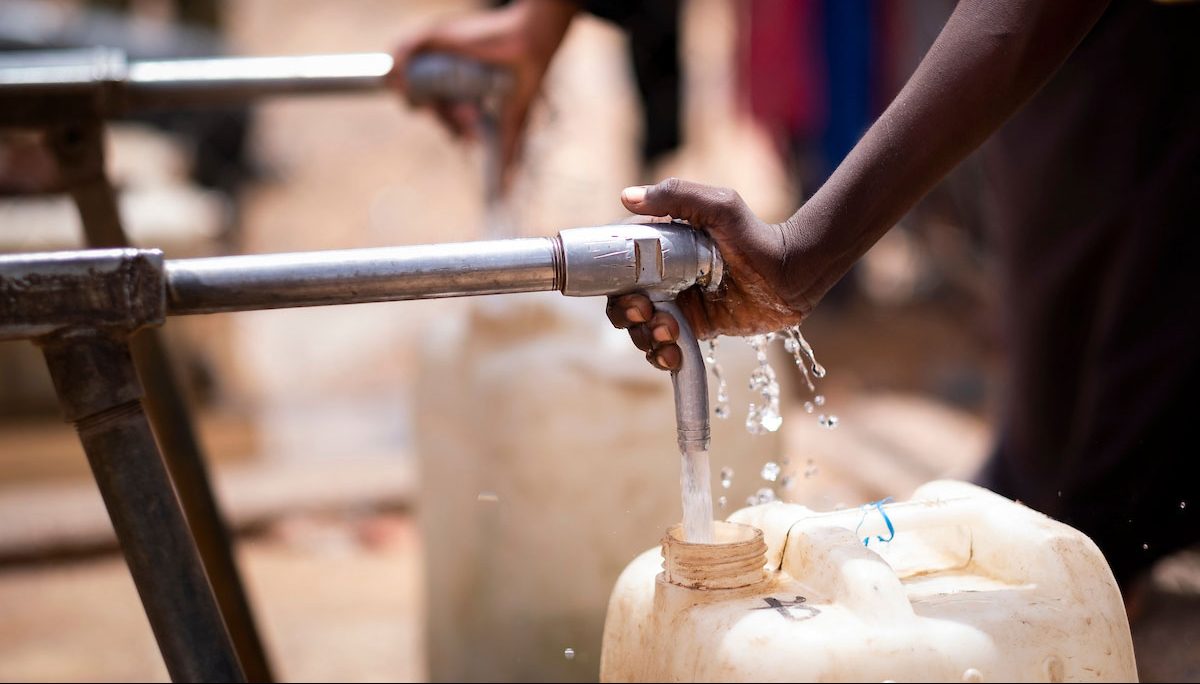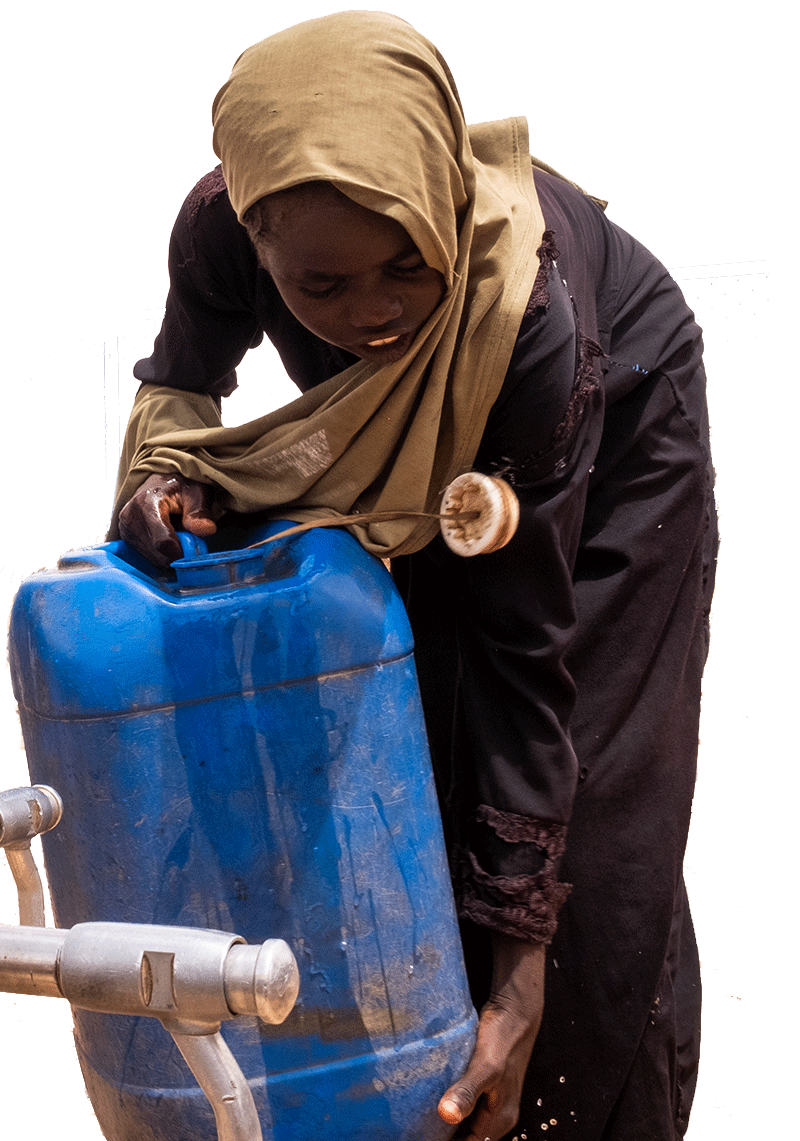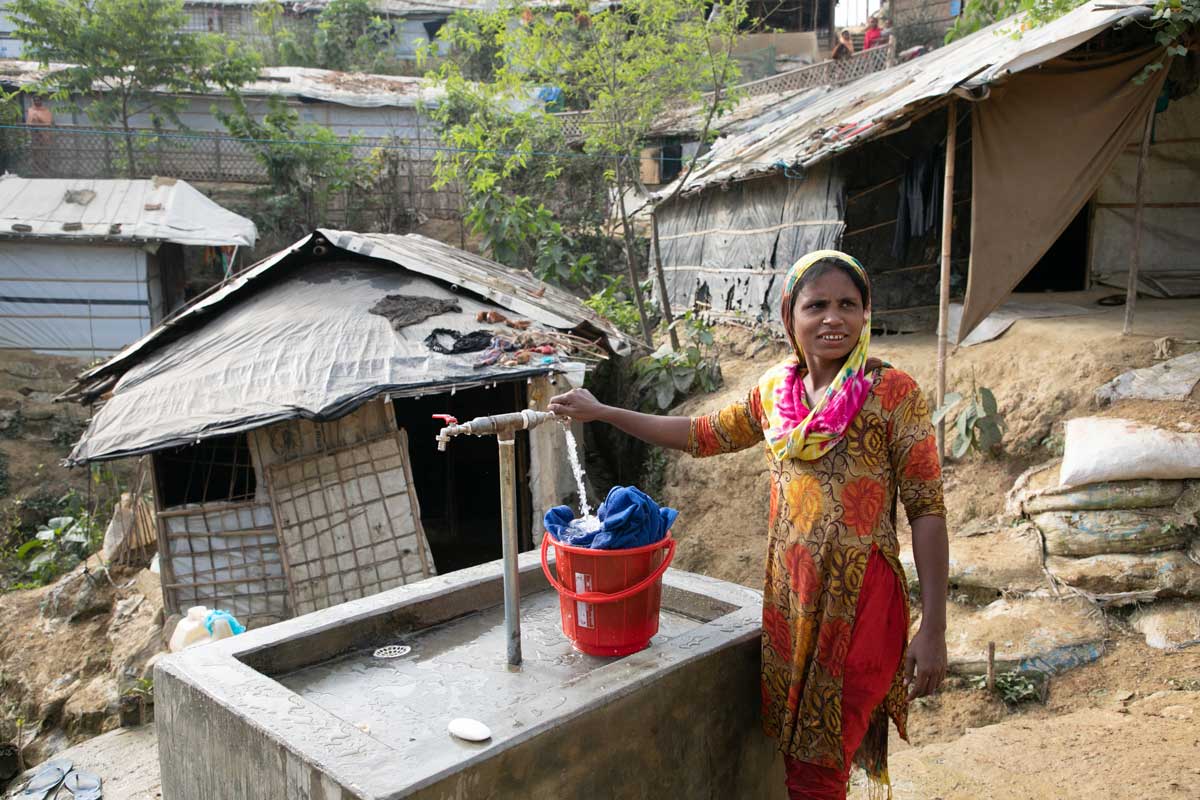Guide for Implementing the Minor Fixing Program
Relief International’s Minor Fixing Program Manual provides a detailed account for how to implement a Minor Fixing program in a community of approximately 10,000 people.


It’s impossible to overstate the importance of clean water, clean sanitation, and basic hygiene practices as essential building blocks for leading healthy lives and preventing disease. Humans cannot go more than three days without water and survive. Yet billions of people across the globe are living without reliable access to these necessities of life. Thirty-five percent of the world’s population – 2.5 billion people – lack improved sanitation facilities such as latrines and toilets, and 780 million people rely on contaminated drinking water sources. These same people struggle to obtain enough water to grow food, raise livestock, and protect their environments – all of which are essential to their families’ survival and livelihoods.
Relief International is working in communities facing some of the world’s most vulnerable situations to improve access to and the sustainable management of existing water sources. When required, we work with local partners to build new water and sanitation systems that connect communities to practical solutions. Local leaders are trained to manage and repair these systems, ensuring their operation outlasts our presence. We also partner with these leaders to create relevant messages that encourage healthy hygiene practices to promote health and prevent the spread of disease.
All of Relief International’s water, sanitation, and hygiene work is underpinned by protection measures. This means we ensure that groups in highly vulnerable situations or with special needs have access and dignity in attaining the clean water and safe sanitation they need for good health.
Our water, sanitation, and hygiene (WASH) activities include:


Relief International’s Minor Fixing Program Manual provides a detailed account for how to implement a Minor Fixing program in a community of approximately 10,000 people.
UNICEF, Practica and Enterprise Works/VITA, now a division of Relief International, have developed a toolkit for African countries wishing to embark on the professionalisation of manual drilling.

For more information on Relief International’s work in WASH, please contact [email protected].